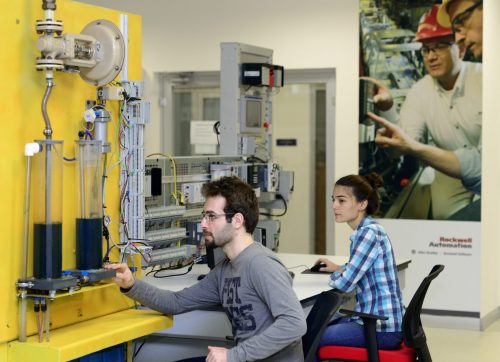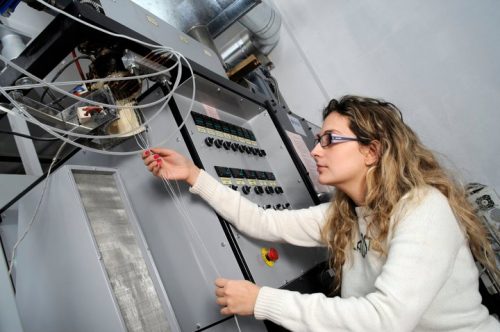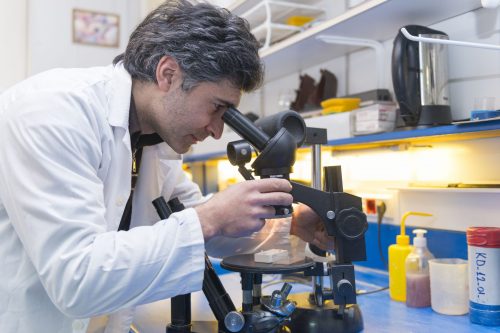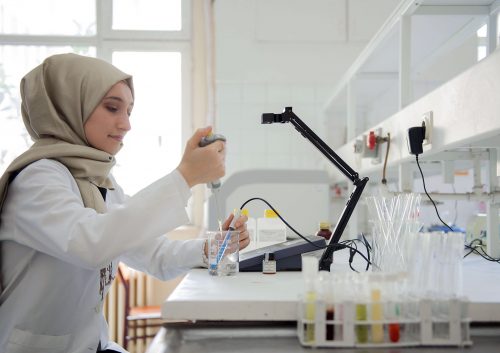As an alliance of Higher Education Institutions encompassing many graduate engineering schools and technological universities, EELISA aims to develop a general European engineer profile. While most international standards for engineer profiles underline the importance of core scientific concepts such as understanding, practice, design, research, knowledge, methods and complexity, few point out the utility of mobility, diversity and multiculturalism during the degree to help promote learning. Furthermore, “engineer” may have different meanings among different European countries.
The ambition of EELISA is to develop a common European engineer profile rooted in society, with increased inclusiveness, cross-disciplinarity and commitment. Such a profile includes high-level technical and scientific core competencies but also encompasses environmental, social and multicultural skills taking benefits from the European context of diversity and mobility, in order to address the new challenges of a global society (namely the green and digital transition) and the expectations of companies.





